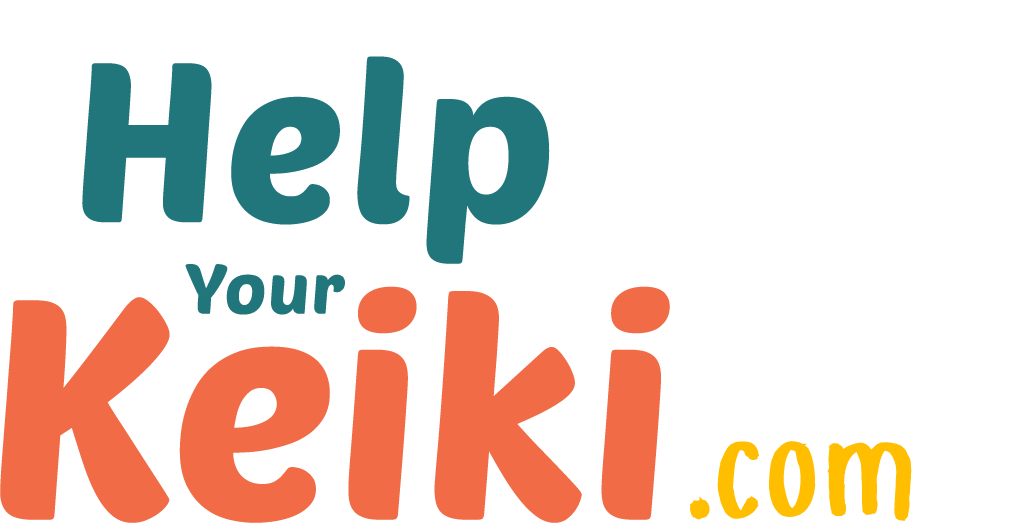Intensive Behavioral Treatment (IBT)
This is an evidence-based therapy that has been shown to offer effective support in addressing the problematic symptoms of children and youth with Autism Spectrum Disorders (ASD). It uses Applied Behavioral Analysis (ABA) techniques to improve communication, behavior, learning and social skills. Under the broad umbrella of IBT are specific therapeutic approaches that typically include Discrete Trial Training (DTT), Pivotal Response Training (PRT), and Early Intensive Behavioral Intervention (EIBI). The latter intervention is targeted to young children with ASD (usually under the age of five). Common elements of all forms of effective IBT are high treatment intensity, involvement of family and teachers, and delivery by properly trained therapists.
What should my child’s therapist be doing?
Explaining the basic principles of applied behavioral analysis and setting an expectation with you and your child about the frequency and intensity of therapy sessions.
Working with you to identify and define targeted skills to improve your child’s functioning, and then breaking these skills into smaller steps to teach in a step-by-step manner using prompts and reinforcement.
Measuring the effectiveness of treatment through the use of data and routine feedback from you and others involved in your child’s care.
Hopefully making the therapy sessions fun in order to maintain your child’s interest and motivation.
What should I be doing?
Learning behavioral techniques from your child’s therapist that you can apply day-to-day.
Sharing treatment goals and progress with other family members and members of your child’s therapy or IEP team, so that your child has consistent support.
Asking questions of your child’s therapist as needed. If you are not comfortable asking the therapist questions, you can first talk things over with a friend or relative, or talk with someone from a parent support group. They can hopefully help you feel more comfortable about approaching the therapist.
How will I know if it is working?
Your child will learn new skills that positively impact their behavior, communication, ability to socialize with others, and readiness to learn/academic performance.
They will be able to generalize skills learned in one setting across many settings with different people and increase their level of independence.





















